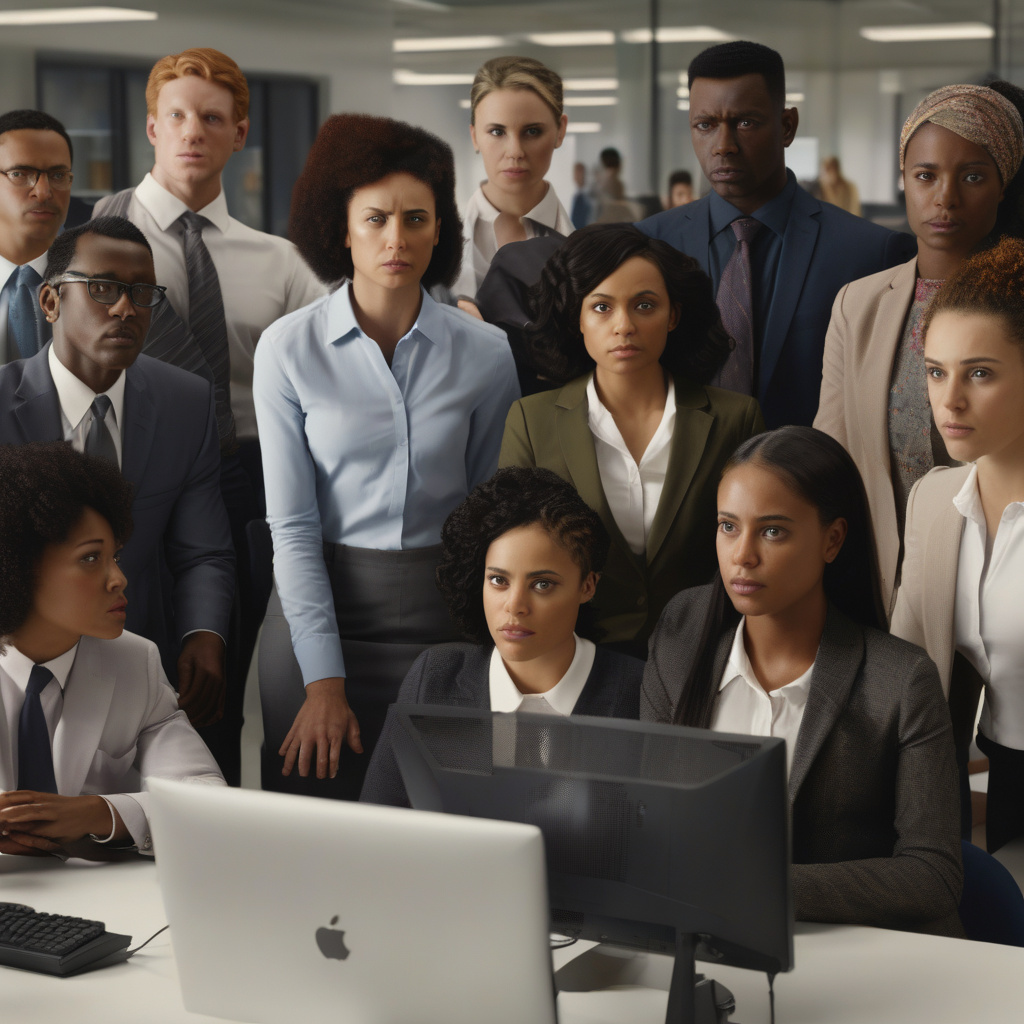Artificial Intelligence (AI) continues to reshape the modern workforce, offering efficiency and innovation while raising concerns about potential job displacement. A recent survey in the UK revealed that more than a quarter of workers harbor anxieties about AI’s integration into various industries, fearing the looming specter of job losses. This unease underscores a growing apprehension among workers regarding the transformative impact of AI technologies on their livelihoods.
As AI becomes increasingly prevalent in workplaces, from automating routine tasks to enhancing decision-making processes, workers are understandably wary of the implications for their job security. The rapid advancement of AI capabilities, such as machine learning algorithms and automation tools, has led to a reevaluation of traditional job roles and the skills required to remain competitive in the evolving landscape.
While AI has the potential to streamline operations, boost productivity, and drive innovation, the concerns raised by workers highlight the need for proactive measures to address the human side of technological progress. Companies must prioritize upskilling and reskilling initiatives to empower employees with the expertise needed to collaborate effectively with AI systems and leverage their capabilities to augment rather than replace human labor.
Moreover, fostering a culture of transparency and open communication around AI adoption can help alleviate fears and misconceptions among workers. By demystifying AI technologies, organizations can engage employees in constructive dialogues about the opportunities and challenges presented by automation, ultimately building trust and buy-in for digital transformation initiatives.
In light of these concerns, it is crucial for businesses to adopt a human-centric approach to AI implementation, prioritizing the well-being and professional development of their workforce. Investing in continuous learning programs, providing career pathways that integrate AI competencies, and offering support for employees affected by job transitions are essential steps toward building a resilient and future-ready workforce.
Ultimately, the coexistence of AI and human workers offers a wealth of possibilities for innovation and growth. By embracing AI as a complement to human skills rather than a substitute for human labor, organizations can harness the full potential of technology while nurturing a workforce that is adaptable, agile, and equipped to thrive in the digital age.
As we navigate the complex interplay between AI and jobs, it is imperative to strike a balance between technological advancement and human-centric values, ensuring that the future of work is characterized by inclusivity, collaboration, and empowerment. By addressing workers’ concerns and fostering a culture of continuous learning and adaptation, we can chart a path towards a harmonious integration of AI in the workplace, where both humans and machines work together synergistically to drive innovation and success.

